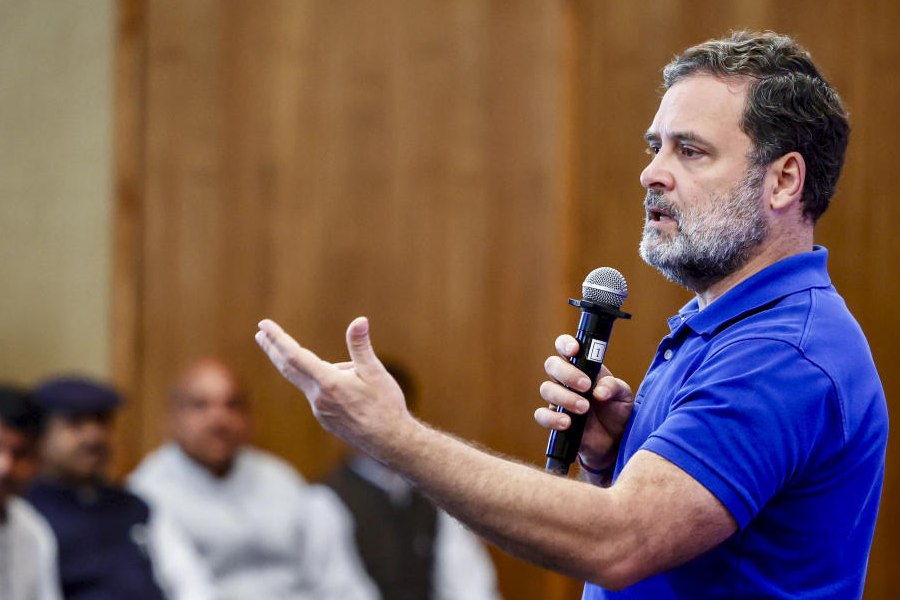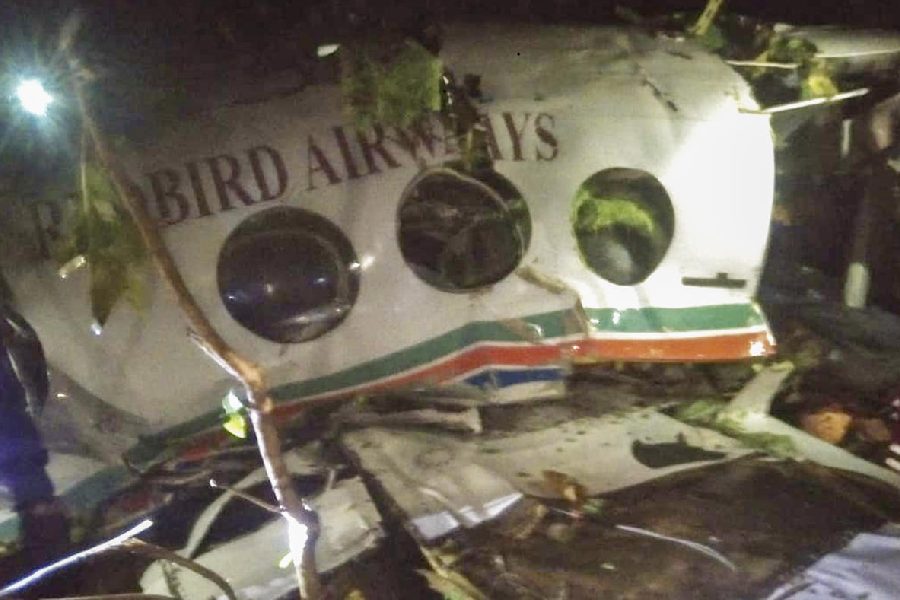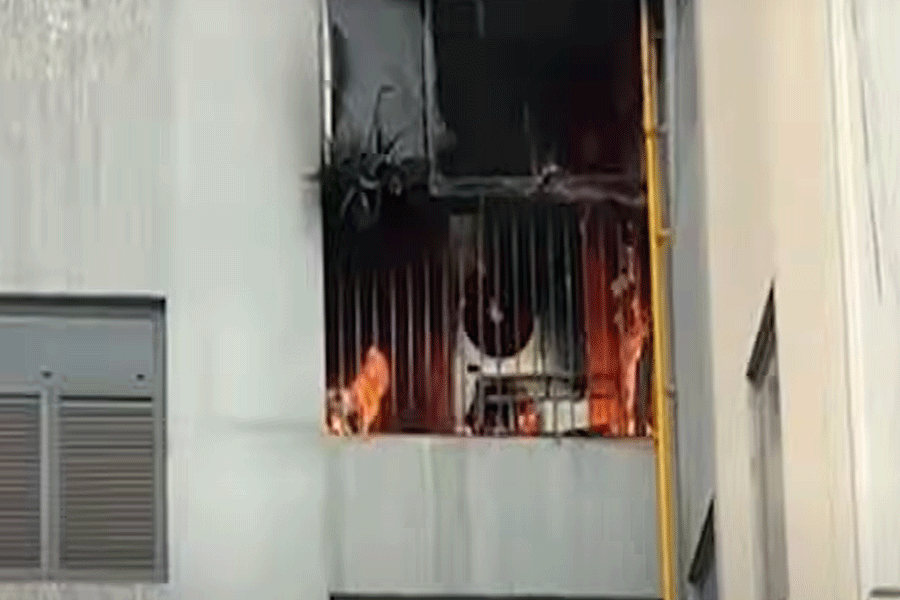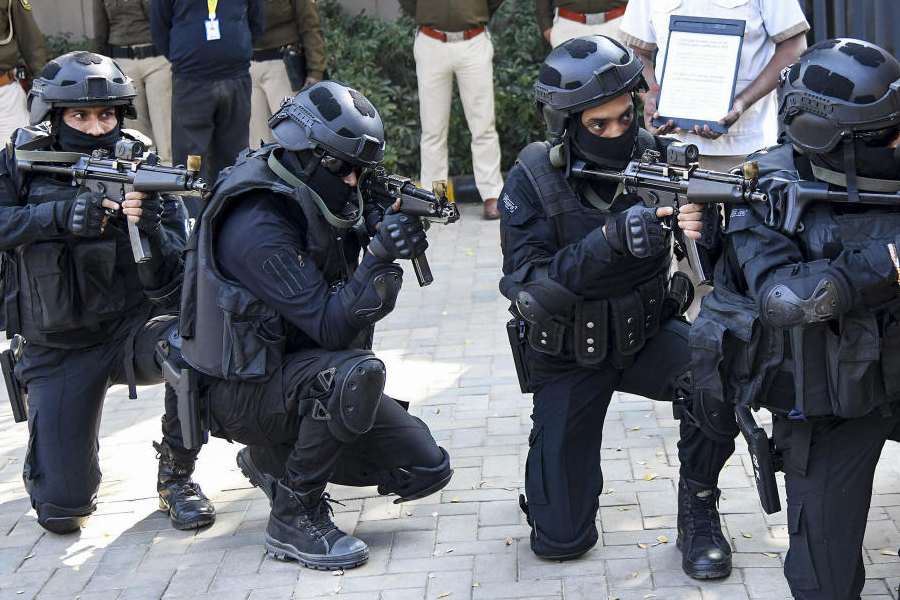The Bar Council of India has announced that it will undertake surprise visits to law colleges and other centres of legal education in view of complaints of deteriorating standards of education as institutions “mushroom”.
The BCI, which regulates legal education and the conduct of lawyers, said the inspections would begin after the pandemic situation stabilises. It has requested the state governments “to be very diligent before granting no-objection certificates” and take into consideration the population ratio and the need for a centre for legal education at a particular place.
In a statement issued through BCI secretary Srimanto Sen, the regulator also requested the universities to carry out inspections and meticulous scrutiny of the proposed institutions before granting affiliation, warning that it would seriously consider derecognising degrees if due diligence was not followed.
“The Bar Council of India is not going to compromise with the standard of legal education and the universities are advised to affiliate law colleges only with better infrastructure to compete with international standards. Mushrooming of law colleges has to be stopped at any costs,” the statement said.
According to the BCI, new law teachers would be required to undertake proper training before being allowed to teach. The council has requested the state governments and state-owned universities to fill up all vacant teachers’ posts within three months.
In 80 per cent of government institutions, more than 50 per cent teaching seats are vacant. The state governments are not showing any interest in filling up the vacancies, which is a matter of serious concern, the BCI said.
The council recalled that a three-year moratorium had been imposed on opening law colleges and other centres of legal education through a resolution dated August 11, 2019. The BCI had imposed the moratorium to curtail the mushrooming of law colleges and improve the standards of legal education.
There had been numerous requests to lift the moratorium, but the BCI had not agreed. However, on December 4, 2020, Punjab and Haryana High Court set aside the moratorium as being violative of Article 19(1)(g) of the Constitution (fundamental right to carry out any profession).
The BCI noted that state governments often issue no-objection certificates in a casual manner without considering the demands of a particular area or population. Quite often, the universities grant affiliation to law colleges recklessly without undertaking careful inspection, the BCI said.
It noted that the regulatory body is handicapped by the fact that it comes into the picture only in the third stage of opening a law college. The state government concerned issues the first NOC, followed by the university from which the college seeks affiliation. Affiliation is to be granted after a full-fledged inspection by the university, during which it is expected to examine the infrastructure and the quality of the faculty.
In the third stage, the BCI considers whether to grant or decline approval of the affiliation already granted by the university.










